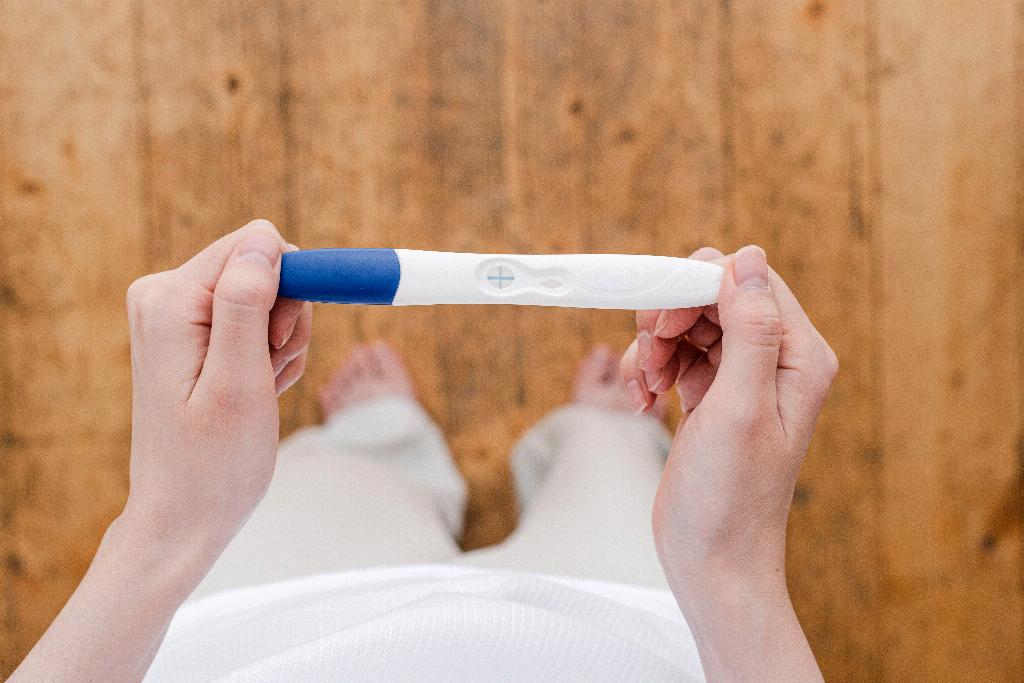As soon as a woman discovers she is pregnant, numerous physical and emotional changes start to occur. One intriguing sensation that some women experience in early pregnancy is a pulsating feeling in their stomach. This pulsating sensation can be worrying or confusing for expecting mothers, but it’s essential to understand the science behind it.
Explaining the Pulses in Early Pregnancy
When a woman senses pulsating in her abdomen during early pregnancy, it might seem similar to the tiny thumps of a baby’s heartbeat. However, what she’s feeling is typically not the baby’s heartbeat but rather the pulsation of her abdominal aorta. The abdominal aorta is a large blood vessel that runs down the abdomen, and the increased blood flow during pregnancy can make this pulse more noticeable.
Reasons Behind the Pulsating Sensation
During pregnancy, the body undergoes significant changes to accommodate the growing fetus. One of these changes involves an increase in blood volume to support the developing baby. As a result, the heart works harder to pump this additional blood, leading to heightened blood circulation throughout the body, including the abdomen. This increased blood flow can create a pulsating sensation that some women may notice, particularly in the early stages of pregnancy.
Factors Influencing Pulsations in Early Pregnancy
Several factors can influence how pronounced the pulsating sensation feels during early pregnancy. The position of the abdominal aorta, the mother’s physical build, and individual sensitivity to bodily changes can all play a role in how strongly the pulse is perceived. Additionally, heightened awareness of physical sensations that come with being pregnant may also contribute to the perception of pulsations in the abdomen.
Medical Considerations for Pulsating Sensations
While feeling pulsations in the abdomen during early pregnancy is generally considered normal and is often attributed to increased blood flow, it’s always crucial for expectant mothers to consult with their healthcare provider if they have any concerns or experience unusual symptoms. Some symptoms, such as severe abdominal pain, persistent cramping, or excessive vaginal bleeding, could indicate underlying medical issues that require immediate attention.
Emotional Impact of Pulsating Sensations
Experiencing unusual sensations in the body, such as pulsations in the abdomen, can evoke various emotions in pregnant women. While some may find reassurance in understanding the physiological basis for these sensations, others may feel anxious or worried about their meaning. Open communication with healthcare providers and seeking support from loved ones can be beneficial for managing any emotional distress that may arise.
Managing Pulsating Sensations
For women who find the pulsating sensation in their abdomen discomforting or distracting, certain strategies may help alleviate these feelings. Engaging in relaxation techniques, such as deep breathing exercises or gentle prenatal yoga, can promote a sense of calm and reduce tension in the body. Additionally, maintaining good posture and avoiding sudden movements can minimize the intensity of the pulsations.
Self-Care Tips for Early Pregnancy
During early pregnancy, focusing on self-care is essential for supporting both the physical and emotional well-being of expectant mothers. Getting an adequate amount of rest, staying hydrated, consuming nutritious foods, and engaging in light exercise can contribute to a healthy pregnancy. It’s also vital to follow any recommendations provided by healthcare providers and attend scheduled prenatal appointments.
Seeking Professional Guidance
If the pulsating sensation in the abdomen persists or is accompanied by other concerning symptoms, it’s advisable to seek professional medical guidance promptly. Healthcare providers can perform assessments, such as physical examinations or ultrasound scans, to ensure that the pregnancy is progressing as expected and address any potential issues that may arise. Open communication with healthcare professionals is key to receiving adequate support and guidance throughout the pregnancy journey.
Connecting with Other Expectant Mothers
Sharing experiences and insights with other expectant mothers can provide valuable support and reassurance during early pregnancy. Joining online forums, attending prenatal classes, or participating in support groups can create a sense of community and enable women to exchange tips, concerns, and joys related to their pregnancies. Building a support network of individuals who understand the unique challenges of pregnancy can be empowering and comforting.
Embracing the Journey of Pregnancy
Every pregnancy is a remarkable and individual journey filled with ups and downs, uncertainties, and joys. Embracing the changes in the body, including sensations like pulsations in the abdomen, can be a profound part of the experience. By staying informed, seeking guidance when needed, and nurturing oneself both physically and emotionally, expectant mothers can navigate the early stages of pregnancy with confidence and resilience.
Final Thoughts on Pulsating Sensations in Early Pregnancy
In conclusion, feeling pulsations in the abdomen during early pregnancy can be a common occurrence for some women and is often linked to increased blood flow and changes in the body to support the developing baby. While these sensations can evoke various emotions and concerns, understanding the physiological basis, practicing self-care, and maintaining open communication with healthcare providers are essential components of a healthy and informed pregnancy journey. Embracing the transformative process of pregnancy with patience, self-compassion, and a supportive network can help women navigate this extraordinary phase of life with confidence and grace.

